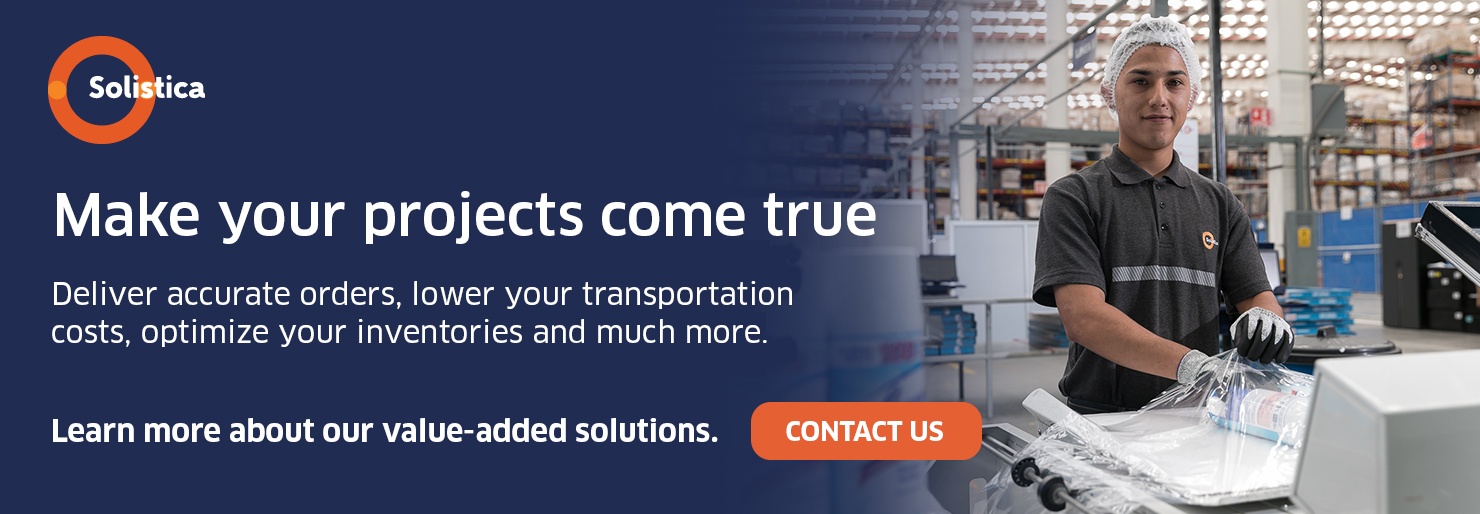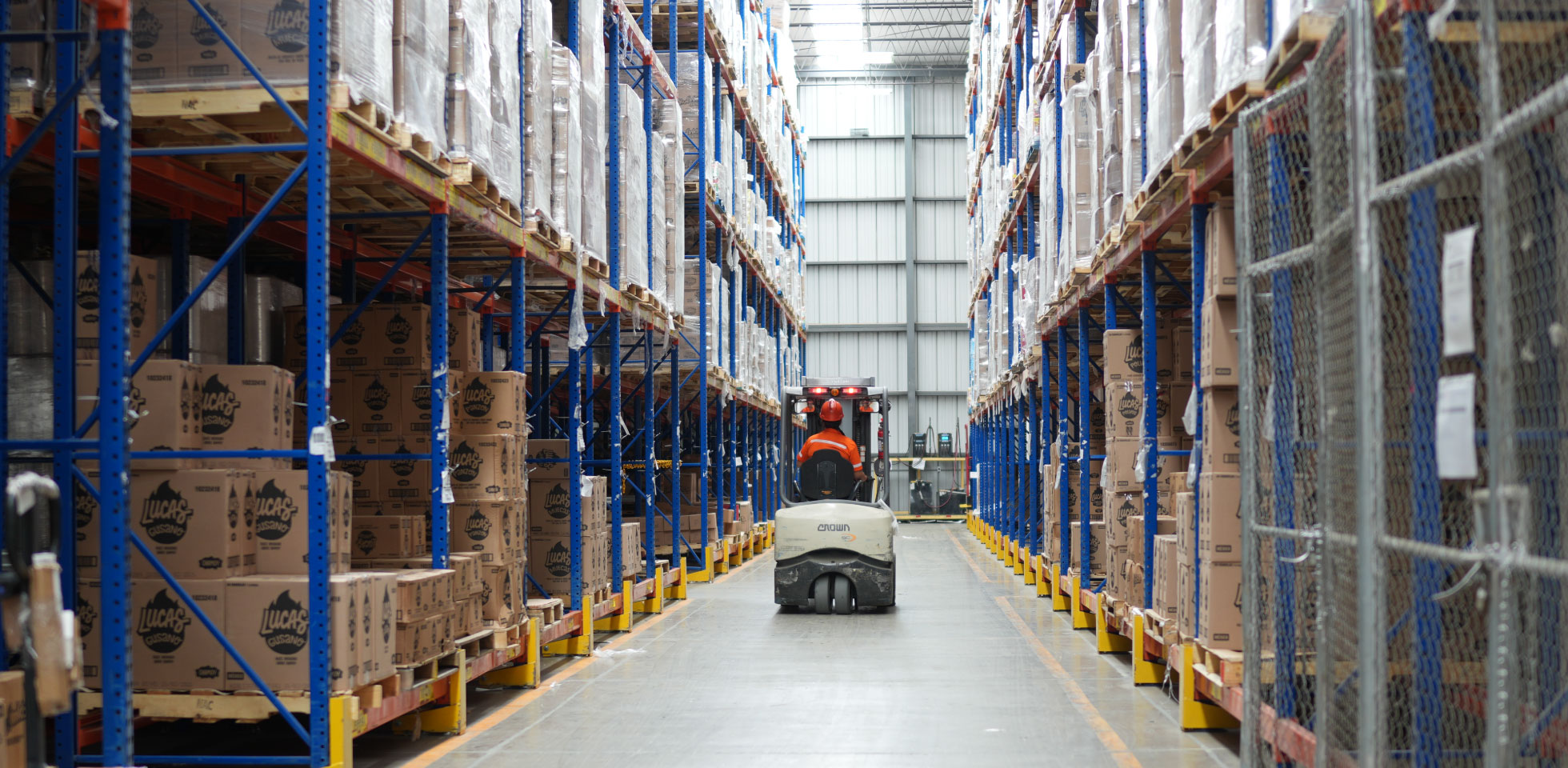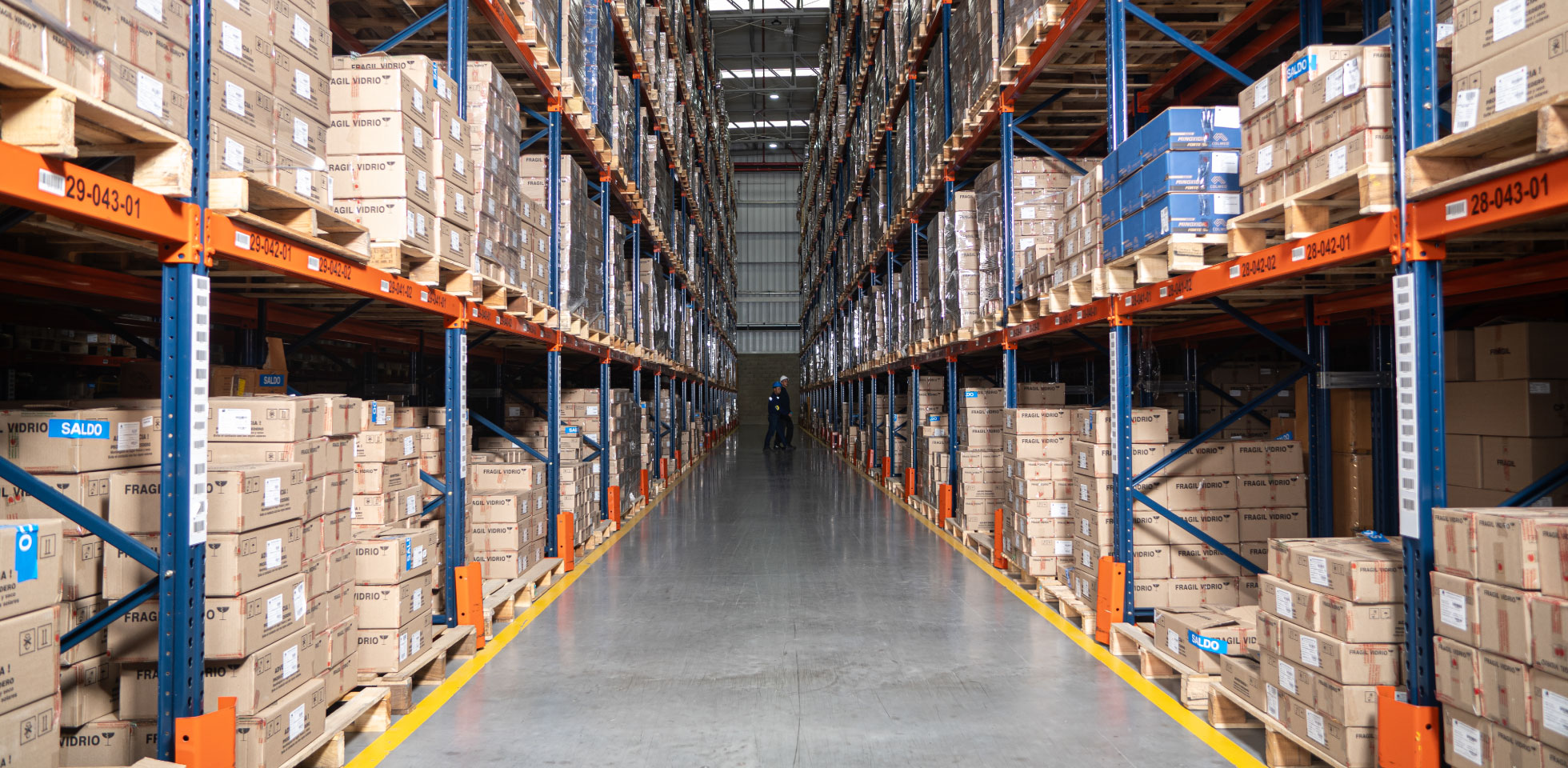To move raw materials and finished products, companies need reliable and efficient services with accurate deliveries from and to their different locations. Thus, shipping and receiving cargoes is an essential part of business.
However, there are plenty of variables to mind and control for this process to be successful. Someone needs to facilitate and track shipments. Therefore, freight brokers have become vital for the transportation industry, solving problems for users and freighters; assisting in everything related to taxes and customs; safekeeping and picking up products; submitting paperwork, documentation, and processing payments; finding potential clients and cargoes for freighters; and locating, quoting, and choosing safe and efficient freighters for clients.
Freight brokers are a necessary link in the supply chain who may work for companies or manage their own firms. So, if you are thinking about becoming a freight broker, keep reading and learn the process to become one.
Training
There are schools in the US offering training for freight brokers. There is no legal requirement for attending classes, but it is highly recommended as it provides access to the technology required to run a business such as this one and teaches the industry’s best practices and trends.
Many schools offer in-classroom courses while others offer only online self-training. Another way to get information on the land transportation industry is to participate in online forums or reading trade publications.
Operating in the USA
The United States’ Department of Transportation oversees and regulates the freight broker trade and issues a license to operate as a Freight Broker or Freight Forwarder.
USDOT Number and Authority as a Freight Broker
First, you need to apply for a USDOT number at the Department of Transportation. You will need this number to complete your application for the Federal Motor Carrier Safety Administration (FMCSA).
Second, you need to submit your application to get a Broker Authority – a license issued by FMCSA to grant you permission to act as a freight broker. To get this license, you will need to fill out form MFCSA OP-1, including the contact information for the individual or company and choose the option broker of property. This form requires your USDOT number and paying a processing fee. It takes three to four weeks to complete this process.
If your application is approved, the FMCSA will send you your freighter number by e-mail. Lastly, you will need to wait another 10 days for the registration to finish so you can get your full MC authority and begin operations.
Requisites
Surety Bonds or Trusts
Freight brokers must get a Surety Bond (BMC-84) or else make a deposit in a Trust Fund Agreement (BMC-85). Any of these options must be filed in your dossier at the Federal Highway Administration office.
The Surety Bond or Trust acts as an insurance to guarantee freighters will be paid for the services hired by the freight broker.
Agent authorized to accept Notifications and Lawsuits.
Likewise, freight brokers must appoint representatives or agents before the FMCSA to accept notifications and lawsuits in every state they have operations. Said agents must also be paying members of the FMCSA, and registered using the BOC-3 format, which lists every state.
There are law firms with offices in several states that may be hired for this purpose.
Unlicensed and Working for a Company
You can also become a freight broker without having to start your own business by working for a freight brokerage firm as a sales associate, which puts you in contact with clients and freight companies, helping them move cargo.
%20(2)%20trad%20rev%20final%20714%20palabras.jpg?width=2500&name=Uso%20servicios%20de%20cross%20border%20para%20evitar%20devoluciones%20V2%20(1)%20(2)%20trad%20rev%20final%20714%20palabras.jpg)
Transport cargoes for Solistica and join the best 3PL brokers in the industry. We promise to build a solid relationship with our brokers; one based on trust, experience, and quality.
*This blog was originally published on December 11 2018 and modified on July 9 2022.







